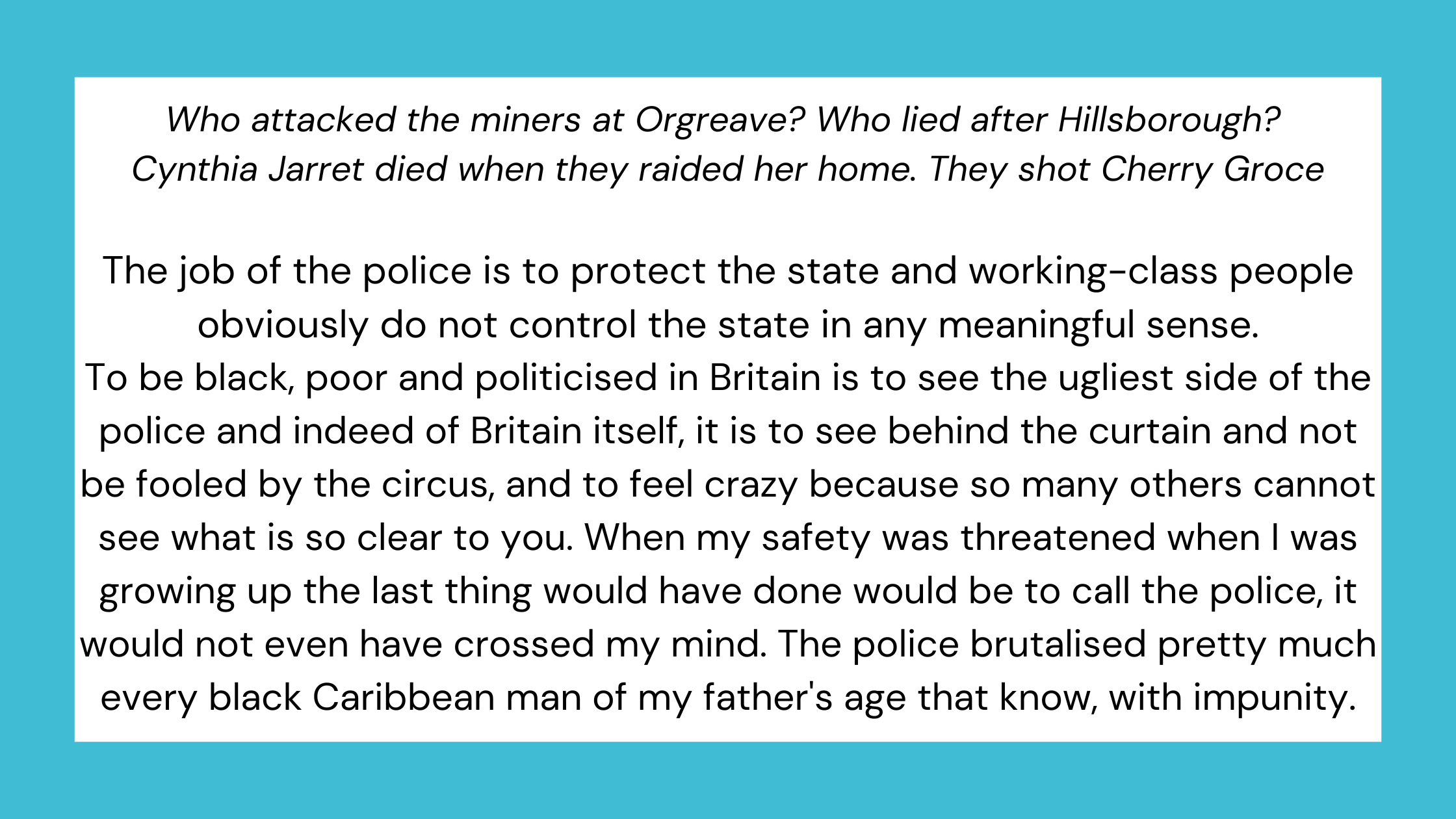Book: Natives: Race and Class in the Ruins of Empire Book by Akala
Natives is one of those books where the writer has done all the work so we don't have to. I’d not come across it until it was kindly sent to me as a ‘thank you’ present by a former boss. It’s taken me a year to pick it up and I have promised myself, after this one, I’m only going to read escapism books for the rest of the year.
I actually put it down and started another one after the first chapter, but as it was Black History Month, I went back and persevered. Natives is part memoir and part history lesson. Early on we are reminded that Britain has a ‘German royal family, a Norman ruling elite, a Greek patron saint, a Roman/Middle Eastern religion, Indian food as its national cuisine, an Arabic/Indian numeral system, a Latin alphabet and an identity predicated on a multi-ethnic, globe-spanning empire’ which sets the tone.
I’ve recently read the Gary Younge book who is quoted here, ‘people in Britain naturally take pride in positive national events they had no direct role in - we won the World Cup', 'we won the war’, yet many seem less willing to confront the more negative part of our history. People seem rather happy to align themselves with the Dunkirk spirit but rather less interested in acknowledging the Amritsar spirit'.
The author then notes before slavery was abolished, blacks and whites lived in close proximity and it was only afterwards that segregation came along with new laws preventing interracial relationships. And this all seemed to be a reaction to a fear of retaliation after centuries of enslavement.
A reminder that slavery has existed for centuries and that Britain eventually led the way to abolish it is a myth. There is a lot of evidence to disprove this and for sure the next time I go to the Wilberforce house/museum in Hull I will look at things differently.
Education
We often hear about the excellent Nordic education and here we read about Finland (and quite a lot of Europe I think) having no uniforms and they are not put into sets depending on their ability. Nor are they frequently tested or ranked and yet are high achievers. Why do we have all this nonsense in the UK?
There is another case in Cophenhagen where migrants from Afghanistan and Iraq learned Danish and English within 5 years of being in the country and wrote poems to the standard of 16-year-olds in Britain.
Compare that to how the UK treats refugees, immigrants, and asylum seekers.
Research has been done on ethnic groups before they started school and were expected to pass 5/6 GCSEs. One LEA research revealed black kids have the highest assessment rate. And then everything changes as they go through the school years. It is all down to the teaching (or lack of).
UK has more prisoners than Germany and France but by all means, be tougher on crime
Now, we move on to the main issue where I think racism is most affecting our society. It haunts/fascinates me that there are for sure, more crimes committed by white people in this country but, headlines/politicians tell us otherwise. And not many seem to ask for proof. Where has journalism gone in this country? Articles appear to be written around social media quips rather than questioning the statements dished out.
I spent 15 years in the media (not as a journalist) and people should remember the 101: If someone says it’s raining and another one says it’s dry, it’s not your job to quote them both. Your job is to look out and find out which is true.
There is so much evidence stacked up against the police some of which is in this book. We know the headlines (although I did not know about Smiley Culture) and this book fills in the blanks. We learn daily that the police do not protect or serve many of us. The chapter was particularly upsetting as it looked into the reasons why this is.
The comparison of rich people going to private schools becoming politicians (making decisions on going to war and killing people or not protecting citizens during a pandemic and killing people). Poor people go to the local comp and mainly kill for survival. There is a lot about gang culture in Natives as the author skated with this as a child. It’s easy to see why a black person would grow up not trusting the police and why calling them when a crime has been committed is the last thing on their mind.
That statement made me also think that prisoners and prison guards are more likely to come from poor families and judges and lawyers mostly from more affluent families.
Then I learnt about Cuba and its role in helping to end apartheid in South Africa and a comparison is made between the reputation of Castro to Mandela. The murder rate is cited as consistently in the top 10 for South Africa whereas Cuba is nowhere near as high and much lower than the US. And it has 5000 more doctors than Canada. I need to learn more about Cuba.
There is a section on Black British actors going to Hollywood to get jobs (as detailed in the David Harewood book) and a particular US actor getting upset about this.
The last chapter is an uncomfortable read as the author offers opinions on leaving the EU and Barak Obama. However, Natives is an important read.

